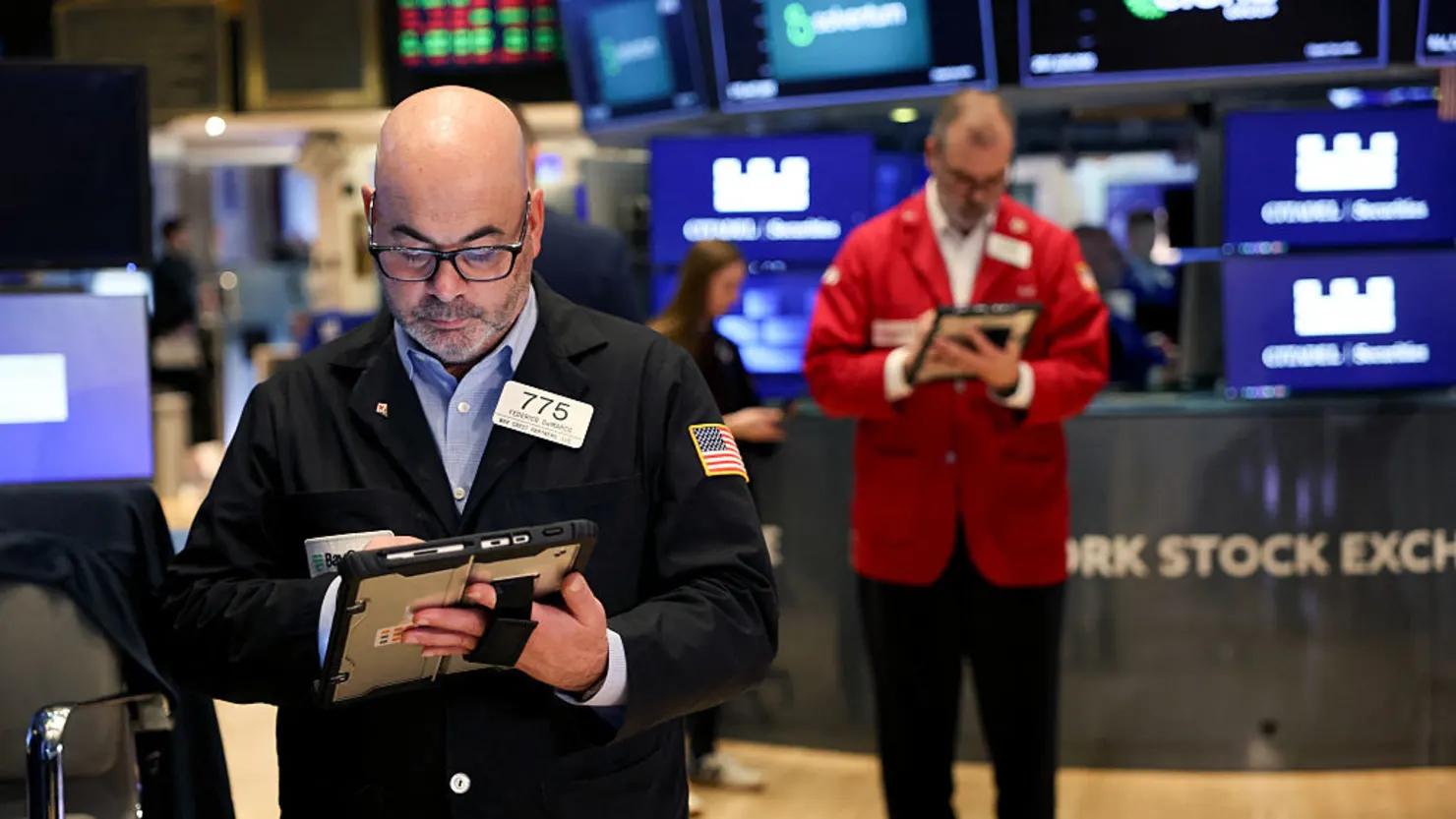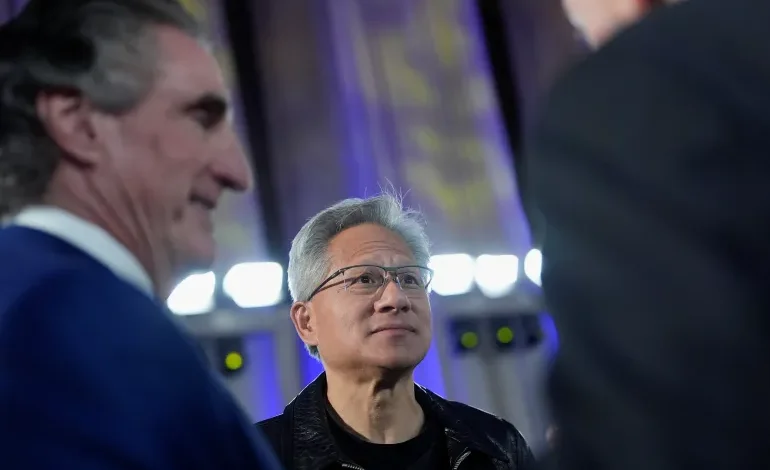China’s market regulator has accused Nvidia of violating the country’s anti-monopoly law, opening a new front in the technology and trade tensions between Beijing and Washington.
The State Administration for Market Regulation (SAMR) said Monday it had launched an initial probe into the US chip giant’s business practices. The announcement coincided with US–China trade talks in Madrid, where semiconductors were high on the agenda.
The move marks China’s most aggressive action yet against a marquee US tech company. Nvidia last year derived 13% of its global sales from China, where its AI-focused chips are in heavy demand by firms such as Tencent and ByteDance.
The probe follows Washington’s trade blacklist of 23 Chinese firms last week and comes after President Donald Trump imposed sweeping tariffs on China earlier this year — before partially lowering them to 30 percent. Beijing has responded with its own tariffs and antitrust investigations targeting US tech players like Google.
SAMR offered few details on how Nvidia might have broken Chinese antitrust rules. Under the law, fines can range from 1 to 10 percent of annual sales. The watchdog also signalled its inquiry could extend to Nvidia’s 2020 acquisition of Mellanox Technologies, an Israeli networking-equipment maker.
China originally approved the $6.9bn deal on the condition Nvidia would continue supplying high-tech GPU chips to the Chinese market. But subsequent US export controls blocked Nvidia’s most advanced chips from reaching China, disrupting those commitments.
Analysts say Beijing could now force Nvidia to sell its GPUs without Mellanox networking gear attached, or impose new restrictions on its ability to sell integrated products.
Nvidia CEO Jensen Huang has visited China three times this year, pitching AI partnerships and pledging to keep the country a priority market. But Beijing has still raised security concerns about Nvidia’s new H20 chip, designed for China to comply with US export controls.
Even after the US authorised H20 sales in exchange for 15% of Nvidia’s China revenue, no chips have shipped yet because Washington hasn’t finalised the payment mechanism.
Despite the high-profile probe, experts say Beijing is unlikely to kick Nvidia out completely.
“This is not about driving Nvidia from the country,” Bo said. “The bigger issue for Nvidia is China’s push to develop homegrown alternatives to its AI chips.”
Nvidia’s shares dipped 0.3% at the close on Monday following the news.










The latest news in your social feeds
Subscribe to our social media platforms to stay tuned